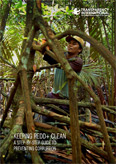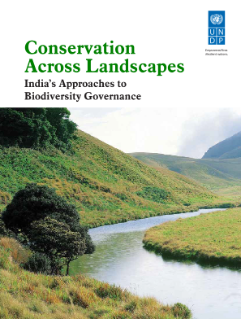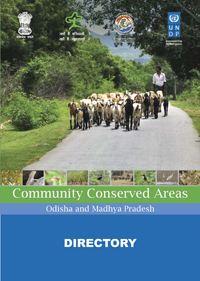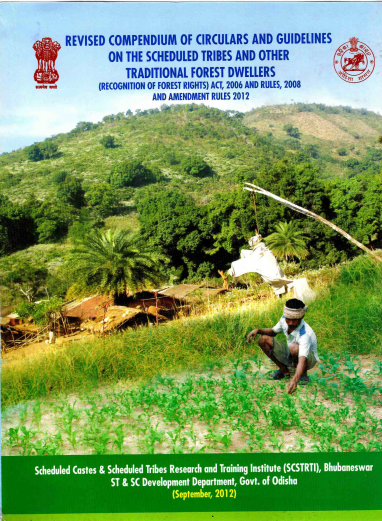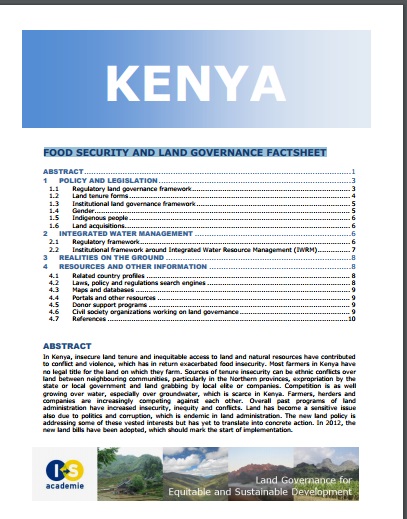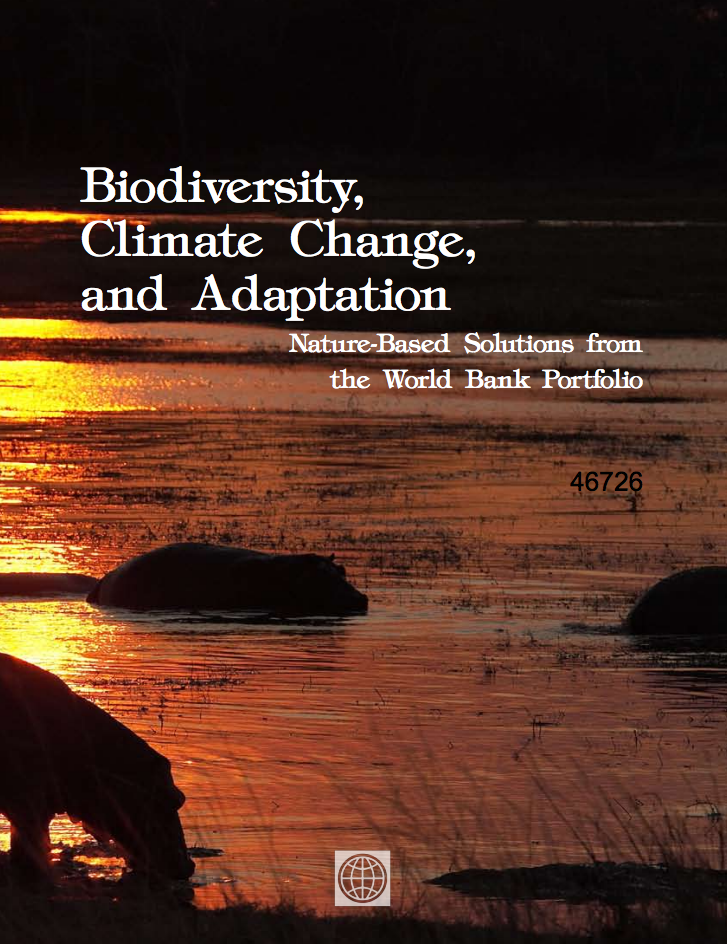Community Conserved Areas in South Asia: Case studies and analyses from Bangladesh, India, Nepal, Pakistan and Sri Lanka
This report is based on research and analysis undertaken with the objective of deepening the understanding of CCAs in India, primarily to achieve two goals. Firstly, to bring to light the unknown conservation efforts undertaken in India and secondly, to attempt an action plan that would cater to the individual and overall needs of these areas. This report is based on research in nineteen sites across six Indian states, studied over a year.

